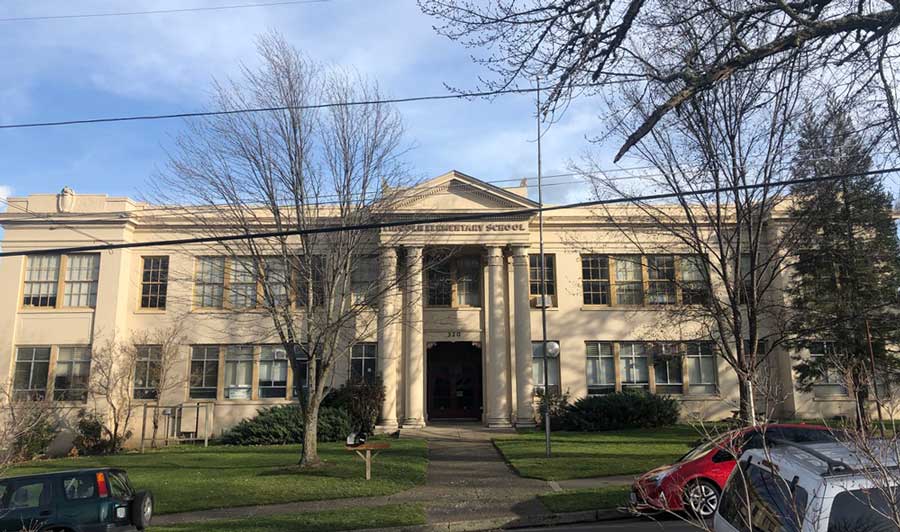‘If I’m gonna be dead, I’d rather be killed doing something productive,’ says Neil Peterson, a graduate of AHS and SOU
By Paul R. Huard for Ashland.news
It is 4 a.m. in Ashland when the interview takes place through a WhatsApp call to Kharkiv, Ukraine, but a conversation with Neil Peterson takes more than being an early riser.
The reporter asks his questions, but Peterson needs to also pay attention to the Signal channel that will provide warning of an incoming Russian missile strike — if he is lucky. He might need to cut the conversation short and head for shelter.
“Every once in a while, we hear a boom, sometimes more distant, sometimes not,” says Peterson, a 2008 Ashland High School graduate and former Ashland resident. “And sometimes I get to see some very up close and personal ordnance detonations.”
“So yeah, there is definitely a war going on,” he says. “Yeah. No illusions about that here.”
A key Russian target
Peterson, 35, arrived in Kharkiv on Feb. 21 to work as a humanitarian volunteer. It has long been a strategically essential city targeted by Russia during its more than three-year war of aggression against Ukraine, and it is routinely hammered by Russian missile and drone strikes that have so far killed hundreds of civilians and displaced thousands more.
It is also a city that embodies admirable resilience in the face of adversity. As Ukraine’s second-largest city, Kharkiv is known for its art, music and stunning urban spaces — and a people whose tenacity defies every effort to destroy them and their way of life.
“Contrast (the attacks) against the otherwise very vibrant, very lively city life that Kharkiv has in spite of the war, which is both crazy and admirable and is a strange kind of lively courage on its own,” Peterson said.
That tenacity is not just something he admires. Peterson is dedicated to doing his part so the people of Kharkiv and their spirit not only survive but prevail.
“We’re not going to let this war stop us from living as good a life as we can, in spite of it, and we’re going to have our victory, and we’re not going to be cowed into submission the way that the Russians want us to be,” Peterson said.
Prepared for this line of work
Some might argue that Peterson is an unlikely candidate for volunteer service in a war zone. He said that his life prepared him for his work.
After graduating from high school, he eventually went on to Southern Oregon University to study theater. He graduated in 2014 with a bachelor’s degree in technical theater with a focus on sound design.
But along the way, he made a living working for a cruise line, in a warehouse and with multiple types of heavy machinery — all examples of hard, dangerous labor that could have easily resulted in injury or death. He considers his experience excellent preparation for his volunteer work in Ukraine.
“It was a matter of realizing that I could be killed doing all sorts of mundane things” Peterson said. “If I’m gonna be dead, I’d rather be killed doing something productive, something useful, and something for the betterment of humanity overall, if I can.”
Like many of his fellow international volunteers, his outrage over Russian aggression began in 2014 when Russian President Vladimir Putin ordered the armed annexation of Crimea by the Russian Federation’s military. It was the first time that the sovereign territory of a European nation had been invaded and seized by another country since World War II.
‘Aren’t we supposed to do something?’
“I remember thinking, ‘Don’t we have a treaty? Aren’t we supposed to do something about this?’ What’s going on, USA?” Peterson said. “When Kuwait called for us, we’ve sent in Operation Desert Storm. What’s going on here?”
Interest in international events also comes easily to Peterson: He was born in 1990 in what was then West Germany, just a few months before the fall of the Berlin Wall, the beginning of German reunification and the beginning of the end of the Soviet Union. At the time, his father was a psychiatrist who worked at a U.S. military base.
After a brief return to the United States, Peterson and his family moved back to Germany so his father could continue working in the military medical system. From ages 7 to 12, he learned about German culture and history during school field trips and by exercising his own curiosity.
Later, factors like continued curiosity about world events and even the results of an ancestry DNA test that indicated that his family was remotely related to the ancient peoples who founded Kyiv kept him interested in Ukraine.
The last straw
But it was the 2022 escalation of Russia’s war against Ukraine that fueled his outrage to the point that he wanted to do more than fume. Peterson began to explore what it would take to quit his job, travel to Ukraine and do work that would result in helping the population.
At the time, he worked in a warehouse for Harry & David, a fruit and gift company in Medford where he had just received a promotion to a supervisory position. However, when it became clear that Putin’s plan for a three-week war had failed and that combat would continue for months, Peterson started contacting people in the volunteer community that had an online presence on platforms such as YouTube.
Humanitarian network
Eventually, he found Paul Hughes, the Canadian founder of the nongovernmental organization Helping Ukraine Grassroots Support, or HUGS. HUGS operates in Kharkiv, Ukraine, providing food assistance, programs for children and repair services for vehicles that aid wartime humanitarian efforts.
Volunteers from as many as 40 different nations have worked with HUGS in various capacities, according to the organization’s website.
“The humanitarian network is really like a friend of a friend of a friend or a WhatsApp group or Signal group that gets you to another individual,” Peterson said. “It’s like the whole spider’s web of, ‘I know a guy, who knows a guy, who knows a guy,’ all across the country.”

Not long after his arrival, Peterson began working in the HUGS garage, bringing order out of chaos by labeling and organizing tools and supplies, performing inventories of donated materials and making it possible to service and repair vehicles used to transport supplies to war-torn town and frontline troops.
Peterson said that he is committed to helping the Ukrainian people in any way he can.
Admirable resolve
He deeply admires the bravery and resolve that he sees every day displayed by ordinary people who are exhausted by the war but determined to resist the Russian invasion.
“I believe Tolkien had some kind of a sentiment, that even the smallest of effort is the one that is going to make the most difference,” Peterson said. “And I see that firsthand and here more than ever. It’s not just a silly sentiment by a sentimental old man. It is actual and it is real, and it will sustain people who otherwise would be maybe worried and maybe in doubt and maybe in greater fear than they currently are.”
Every effort ‘makes a difference’
“I hesitate to use the word esprit de corps, but there is a kind of a national pride in their homes and their identity that will sustain them through these difficult times if they have concrete actual results from those who have their back,” he continued. “My being here, my doing my work, and my paying my landlord, and my buying local groceries, and my occasional buying of flowers from the grandmothers at the metro station, all of that, makes a difference. All those social connections as well, when I go to a party, when I hang out with the local volunteers who are also hanging out, and networking with just local people, all of that, contributes to a larger effort. And even if my part in it is small and humble, that is often enough.”
As for the falling bombs and risk to his life, Peterson was blunt.
“It’s a matter of, well, screw the Russians,” he said. “I’m not going to be deterred by this. I’ve got s— to do, and I’m going to f—g do it.”
HUGS is a nonprofit organization that relies on donations to fund its work with displaced people in Ukraine. Readers can support Peterson and the work he does with HUGS by making a donation through the organization’s website at hugsukraine.org.
Email Paul R. Huard at [email protected].




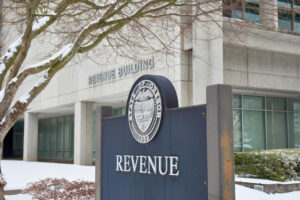
![United States’ cities average electricity price per kWh. U.S. Bureau of Labor Statistics, APU000072610], retrieved from FRED, Federal Reserve Bank of St. Louis; https://fred.stlouisfed.org/series/APU000072610, Nov. 10, 2025.](https://ashland.news/wp-content/uploads/2025/11/Power-graphic-300x141.jpg)
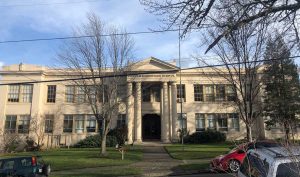
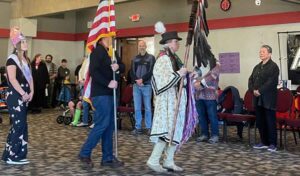

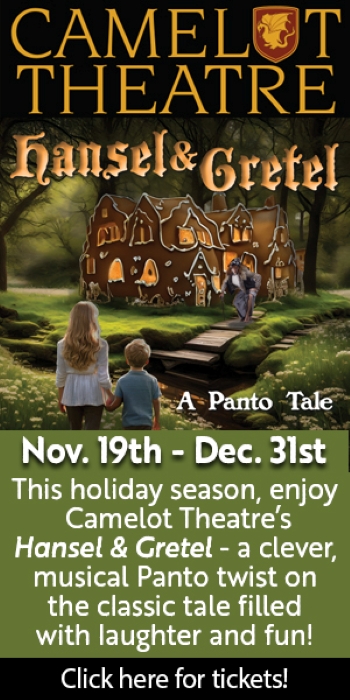
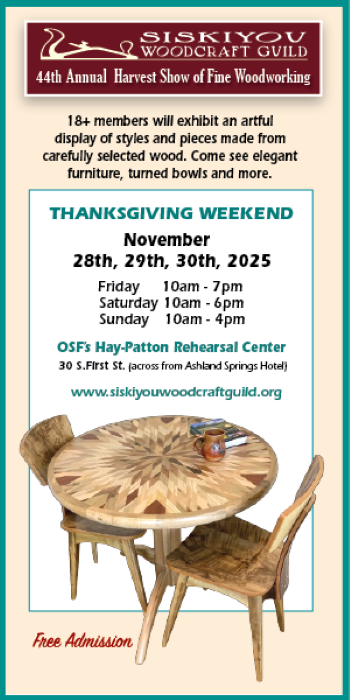
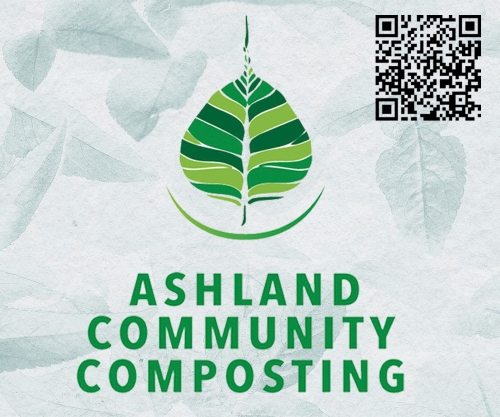

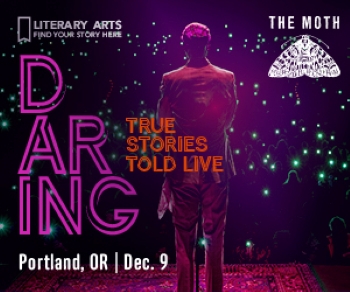

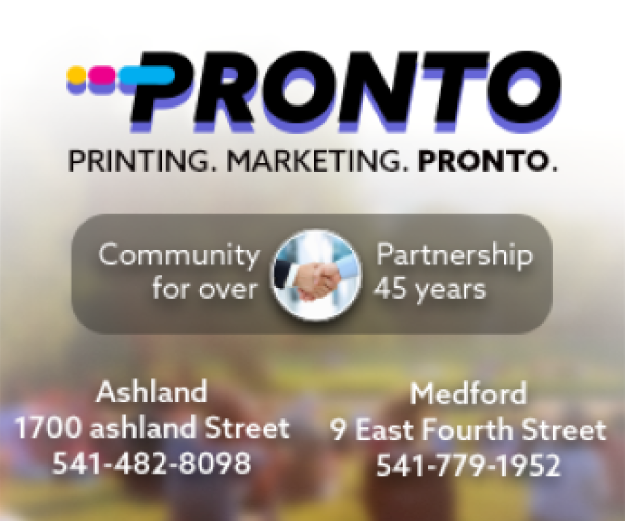


![United States’ cities average electricity price per kWh. U.S. Bureau of Labor Statistics, APU000072610], retrieved from FRED, Federal Reserve Bank of St. Louis; https://fred.stlouisfed.org/series/APU000072610, Nov. 10, 2025.](https://ashland.news/wp-content/uploads/2025/11/Power-graphic.jpg)

